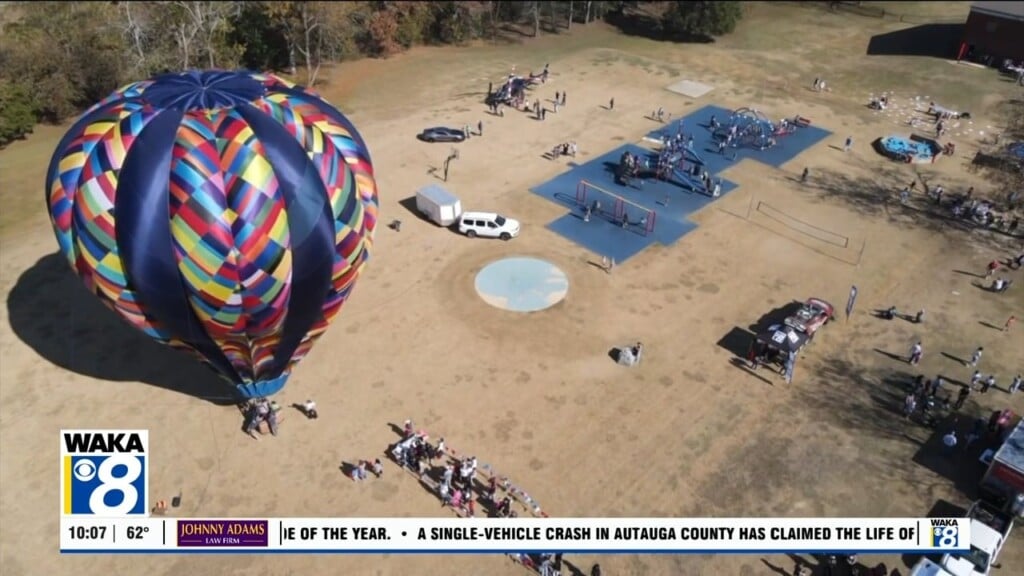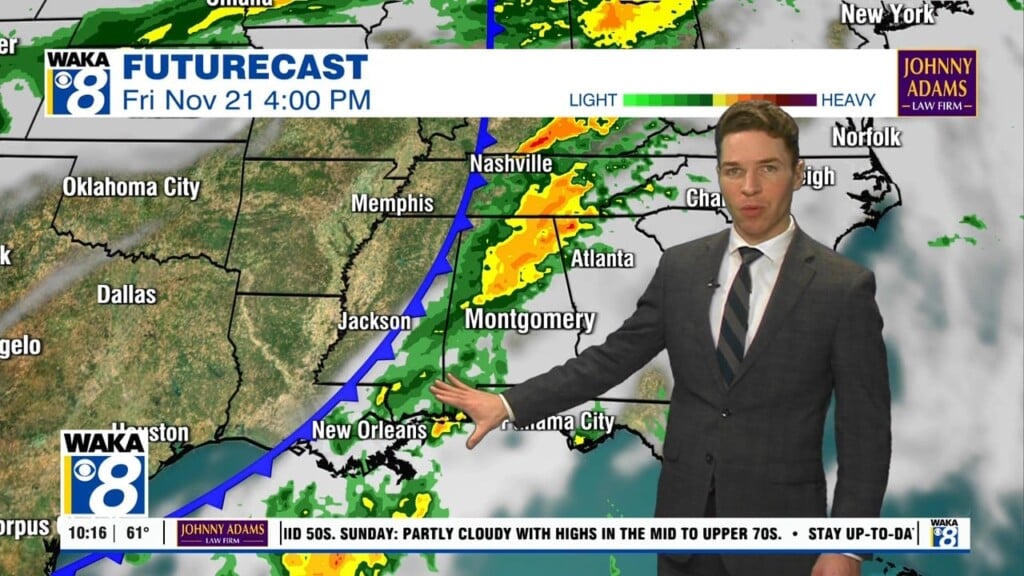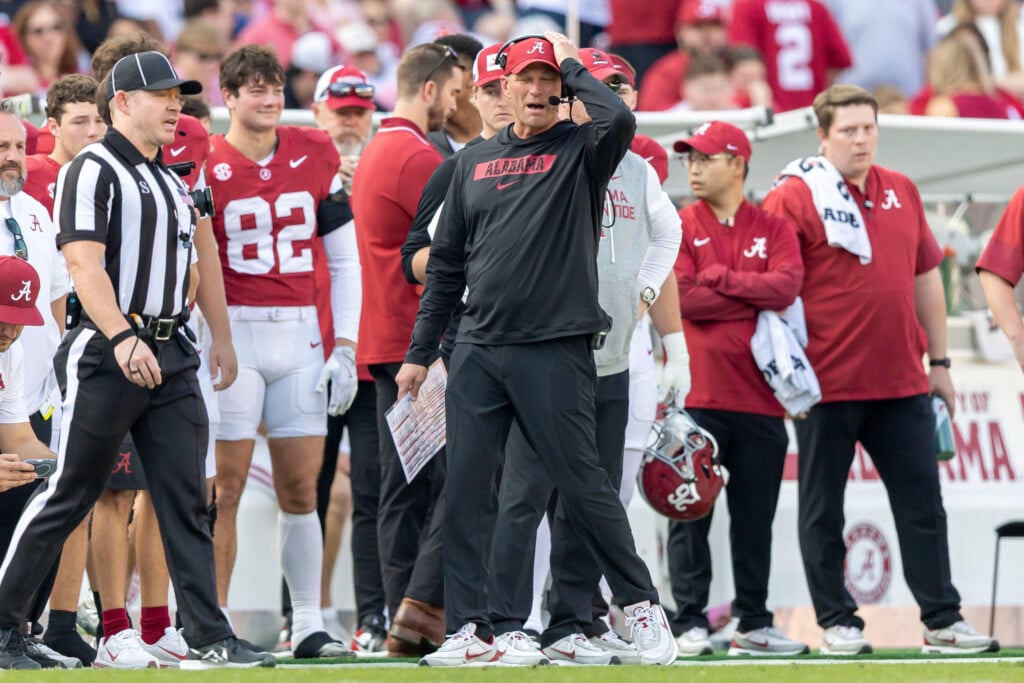Department of Justice Says Indians Can Grow, Sell Marijuana on Reservations
Growing and selling Marijuana is illegal in Alabama but a decision by the U.S. Department of Justice may pave a way for Indians to be able to do just that on their land.
If Native Americans choose to take advantage of this, they could make a lot of money in the marijuana business without being punished. But the Band of Poarch Creek Indians have yet to say whether they plan to grow and sell the drug.
A landmark decision by the Department of Justice has the Band of Poarch Creek Indians thinking about getting into the marijuana business. The Department says it will not prosecute Native Americans who choose to grow and sell marijuana on reservations as long as they follow the federal conditions applied in states that have legalized it. Some tell us they support the decision.
“I personally think they should be allowed to grow marijuana on their lands considering that they’re allowed to have casinos and that Indian land is not considered a territory of Alabama,” says Montgomery resident Roderick Bruce.
But former state senator Bryan Taylor says the status of the tribe’s land is in question. It was federally recognized in the mid 80s and Attorney General Luther Strange doesn’t believe the land should be considered federal, taking the issue to court.
“Attorney General Luther Strange has argued that it’s not Indian land and that it’s subject to state law,” Taylor says. “If that state wins that lawsuit, then it’s state land and the federal justice department opinion doesn’t apply.”
But if it is ruled Indian territory, federal law would apply and the Poarch Creek Indians would be free to grow and sell marijuana as they please. We spoke with Robert McGhee, the Government Relations Advisor for the tribe, by phone. He tells us the Indians are now thinking about the implications, studying it and seeing exactly what the ruling says. Some tell us they don’t believe the Indians should grow and sell the drug just for sport, but only for medicinal purposes.
“Not just to get high,” says Willie Hoffman. “If it’s going to help someone, why not.”
But Taylor says he believes the decision is a slippery slope.
“If it’s not subject to state jurisdiction, the people have no control, no say so about what the laws are. So yesterday it was gambling. Tomorrow, it appears to be marijuana, what’s next?”






